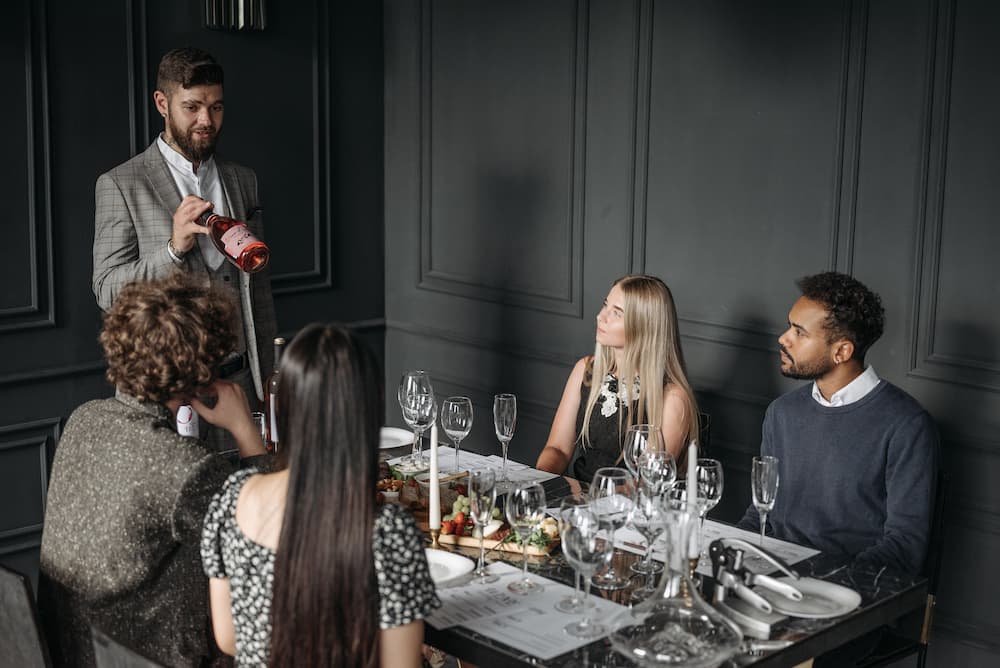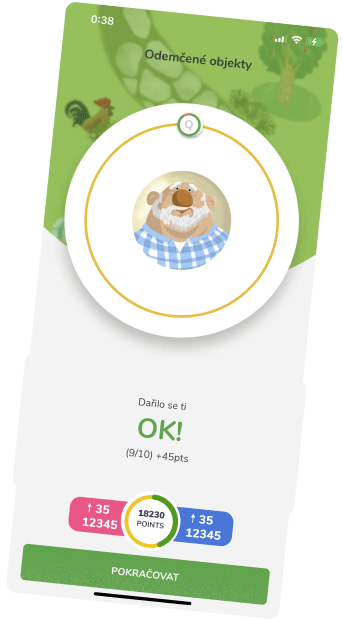Learn French through Tasting Wine!
By Lilia Ahmed Ali
Do you want to learn French through real-life experiences? Well, it's definitely possible. Dive into the fascinating world of sommeliers and oenologists, aka wine specialists, while improving your French!
Among the typical French activities you can enjoy is wine tasting where you are surrounded by native speakers who will have you engage in real time conversations and discover some useful French expressions around wine and its consumption.
It’s an excellent opportunity to immerse yourself in the very heart of French culture and the history of wine production.
Throughout this captivating article, discover the different ways to live the unique experience of tasting the most exquisite wines, as well learning the most common expressions used to describe different flavors, aromas and textures, so that you can speak confidently in French.
French wines: various ways to enjoy and learn about them
Wine, as a symbol of French culture, makes learning French even more exciting. Discover the different ways to get immersed in French culture through wine!
Visit wineries and cellars in France
Visiting wineries and cellars owned by French oenologists and sommeliers is a great sensory experience for every French language learner.
French oenologists and sommeliers are very knowledgeable and enthusiastic to discuss French wine production and its “appellation d'origine contrôlée” (AOC), especially the ones from the southwest of France, such as the wine of Bordeaux, which is globally appreciated for its finesse and diversity.
By joining a Bordeaux wine tasting session, you learn about the different grape varieties, terroirs and customs of the region.
Go to a bar or restaurant
Going to a French bar or restaurant is also a great way to practice your French. There you learn how to read the labels on the different wines' bottles, how to order wine and ask the right questions about the types of wine being offered. This allows you to distinguish between multiple wines, like red, rosé, and white, etc.
You also get to know the best appetizers to serve with your wine, such as charcuterie, green olives and cheese.
Going to a bar or a gastronomic restaurant to sip some good French wine allows you to fully explore the French wine and culinary heritage.
Organize a wine tasting party at your place
How about inviting some French friends and wine lovers to a local wine tasting evening at your home?
The guests bring any French wine bottle they like and comfortably talk about each wine variety, describing its different flavors, aromas, tannins and textures.
With them, you have the opportunity to socialize with the locals while improving your French!
Improve your French by describing wine in French!
French wines vary from reds to whites, rosés to sparkling wines.
Here are some examples of expressions and vocabulary to describe a wine's texture, aroma and taste in French.
The aromas of wine
To characterize a wine's aromas, describe them as herbaceous, floral, woody, earthy, fruity and/or spicy.
“This red wine with a deep ruby color has a red fruit aroma and a spicy note of cinnamon." In French it means, “Ce vin rouge d’une couleur rubis profond à un arôme de fruits rouges et une note épicée de la cannelle.”
“The wine has a herbaceous aroma, with a hint of mint.” In French it means, “Le vin a un arôme herbacé, avec une touche mentholée.”
Tastes and tannins
To describe the taste of the wine in the mouth and to refer to tannins, the wine can be acidic, light and/or full-bodied, with firm or soft tannins…
“The wine is light with strong tannins." In French it means, “Le vin est léger avec des tanins bien marqués.”
“In mouth, the wine has a full-bodied flavor with soft tannins and mild acidity.” In French it means “En bouche, le vin a une saveur corsée avec des tanins doux et une acidité légère.”
Textures
To refer to the consistency and texture of the wine in mouth, it can be velvety, soft or rough.
“This rosé wine has a velvety, silky texture that leaves a woody, earthy note at the end." In French it means “Ce vin rosé a une texture veloutée et soyeuse, qui laisse une note boisée et terreuse en fin de bouche.”
"This red wine is very unctuous and does not feel rough on the tongue." In French it means “Ce vin rouge est très onctueux et ne présente aucune rugosité sur la langue.”
If you want to challenge yourself, here is a video in French entitled “Savoir parler du vin quand on n’y connaît rien : 10 expressions à connaître absolument" or “How to talk about wine when you don't know a thing about it: 10 expressions you absolutely need to know" made by a youtuber specialized in wine tasting. In this video, you will find 10 known expressions about the wines’ varieties, aromas and flavors. The video starts at 01:40.
You can activate the automatic subtitling in English if you face difficulties comprehending the phrases in French. Enjoy the video!
Savoir parler du vin quand on n’y connaît rien : 10 expressions à connaître absolument
Although the lexicon and vocabulary of wine is very large, it is worth recalling that each type of wine has unique qualities and characteristics and it is difficult to reveal them all here.
Still, listening to the conversations that occur during wineries and bar visits or during a fun evening with Francophone wine-loving friends will not only help you learn about the country's culture and gastronomic specialties, but also allow you to learn French authentically and express your impressions with greater confidence and ease.



















